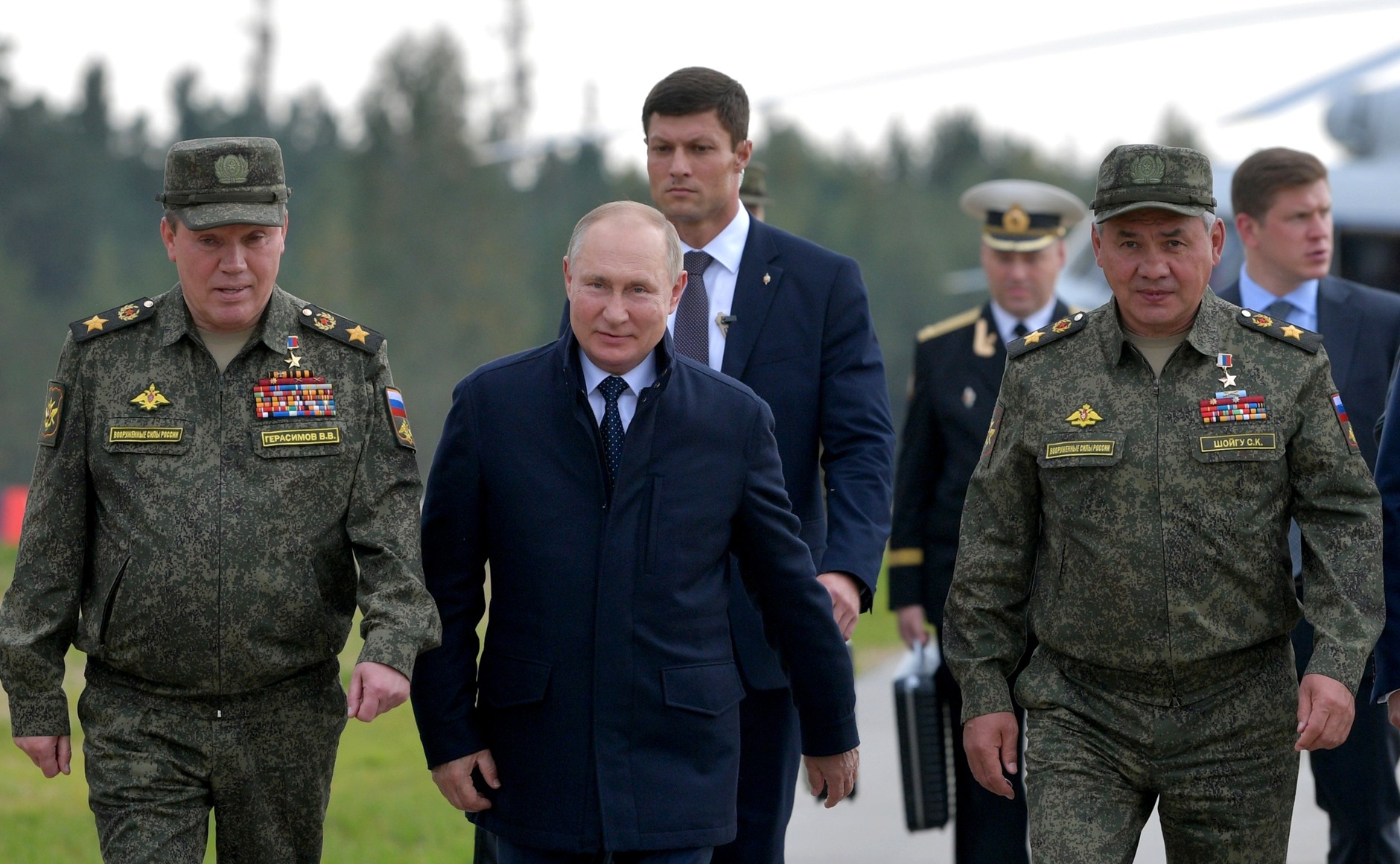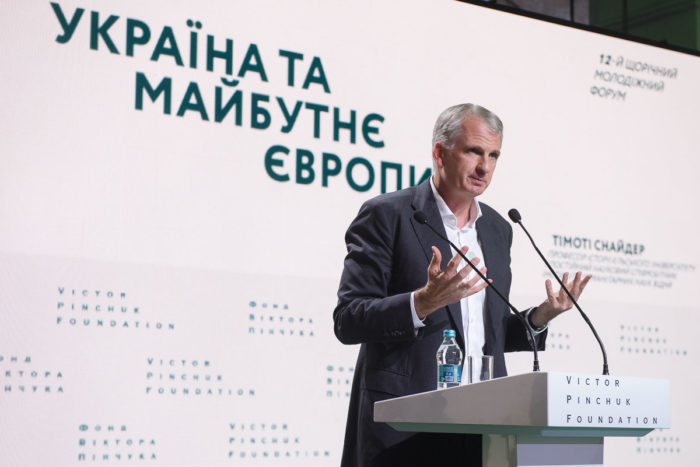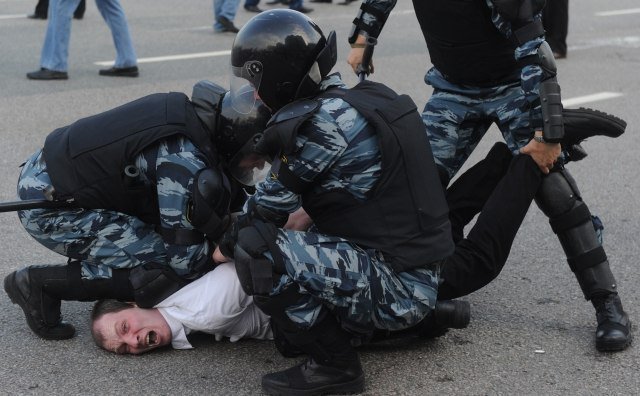For the 30 years of the existence of the Russian Federation, the Kremlin has increasingly gotten involved in unnecessary wars because such conflicts distract attention from its failures elsewhere and obscure the low quality of the government’s management generally, Gleb Pavlovsky says.
The Russian commentator points out that with increasing regularity, the Kremlin creates a crisis that it believes requires military action in order to achieve those political goals, something that doesn’t mean a world war is necessarily ahead but rather the world now live in “a war era” in which war is the new world order.
Because there is always the possibility of miscalculations on one or the other side, such an approach, one that resembles Russian roulette, could lead to a worldwide conflagration. But even if it doesn’t, the current situation represents “a deadly trap” for a country with problems like those Russia has.
That is because “the greatest evil is a war which leads a country to liquidation,” Pavlovsky says. “Russia doesn’t need a war with Ukraine,” and it hasn’t even managed to come up with “a national military machine, even though the Kremlin rules us [Russians] with methods resembling military strategy.”
This approach did not begin with Putin but emerged immediately after the disintegration of the USSR, with Moscow focusing on hotspots within the Russian Federation but especially in what it chose to call “the near abroad” of former Soviet republics. The attack on its own parliament in October 1993 and the wars in Chechnya accelerated this militarization of political thought.
Chechnya also showed the ways in which war bled back into Russian life, with the militiamen sent to that North Caucasus republic from across the country then returning home transformed into a very different force than they had been before, one far more brutal and militaristic.
This militarization of political calculations was given a powerful boost by the response of the US to the September 11 attacks. Before George W. Bush responded with wars of his own, it would never have come into Putin’s head that he could do something similar in Georgia and then in Ukraine. But of course, “the pupil went further than the teacher.”
“Today,” Pavlovsky says, “Russia fights in every place where it touches,” shifting from one to another in a game of Russian roulette that it has so far won but that inevitably will come back to destroy it. That is inevitable now that for the Russian leadership and the system they have created, “war is the principle of reality.”
Read More:
- Zapad 2021 suggests, in event of war, Moscow could seize Baltics but lose Kaliningrad
- Why have two revolutions won in Ukraine but none in Russia or Belarus? Historian Hrytsak answers
- Trading socialism for chewing gum: Kremlin building military doctrine on self-deception
- Putin better reflects underlying Russian values than does the opposition and his system will thus outlast both, Pastukhov says
- Kremlin’s chronic case of Anglophobia: mental war and Anglo-Zionist empire among week’s propaganda narratives
- ‘Russia may cut itself off completely from the West,’ Sergey Medvedev says
- Russia prepares for Zapad 2021, keeps heavy armed forces close to Ukraine
- Moscow’s plans for new kind of aircraft carrier unlikely to be realized
- Russia flexes its muscles on Ukrainian borders, but a full-scale attack will cost too many lives, experts say
- 40 troops of Russia’s “UN peacekeeping brigade” helped occupy Crimea, Donbas
- Threat of major Russian military operation against Ukraine and West hasn’t disappeared, Felgengauer says
- Escalation around Donbas: Is the Ukrainian army prepared for full-scale Russian aggression?





